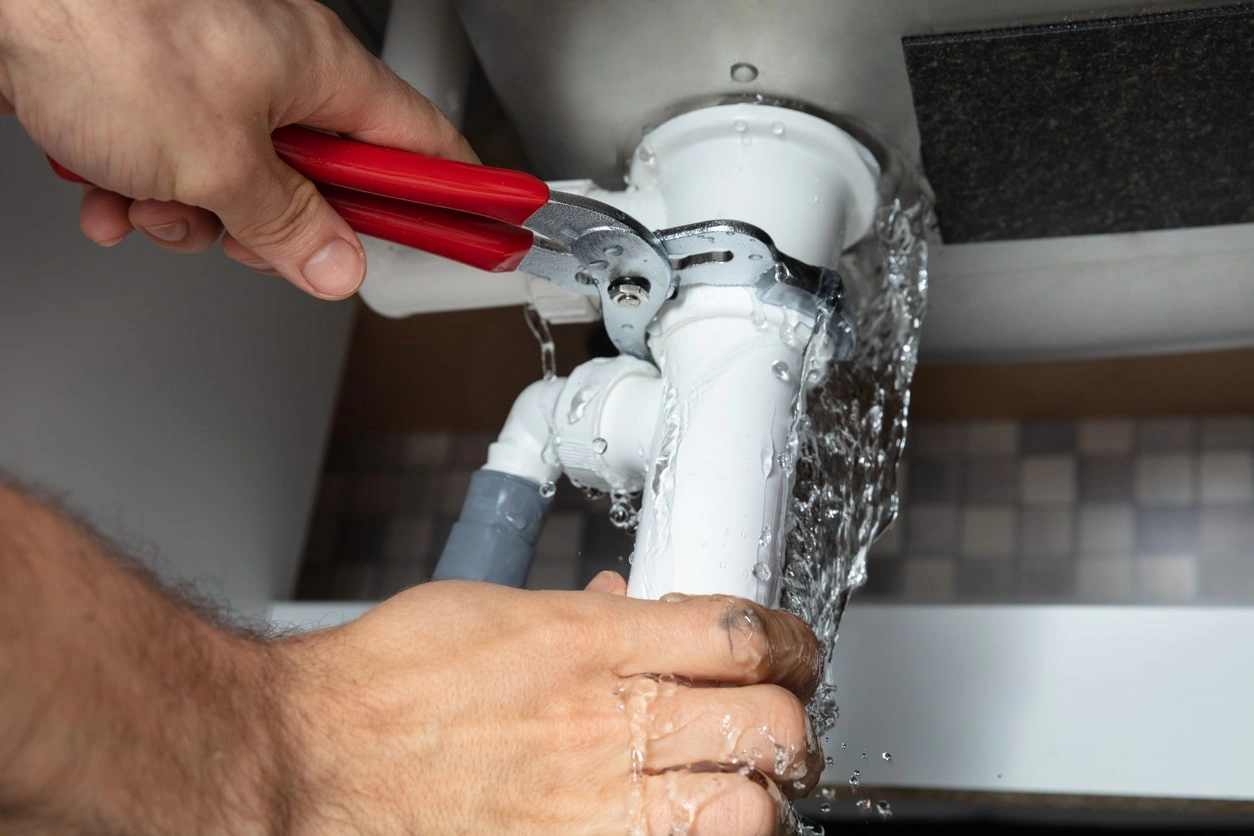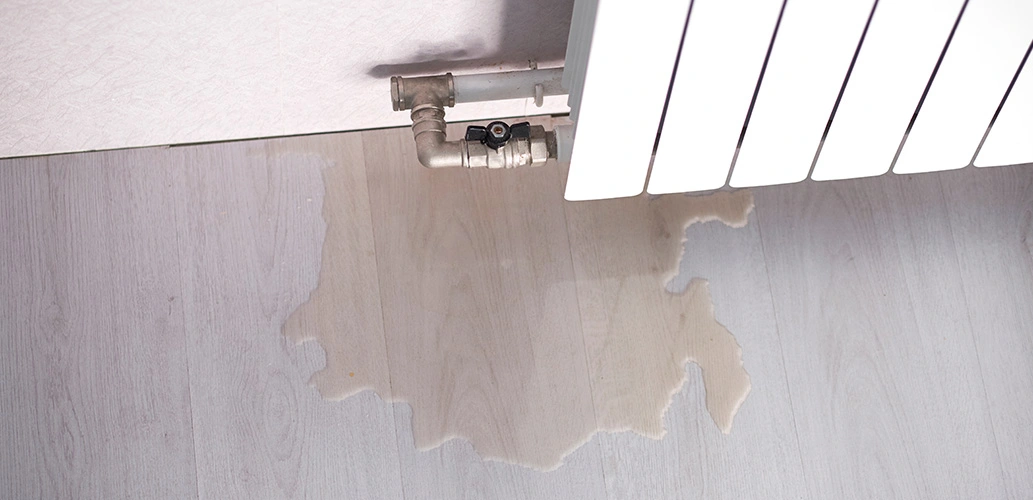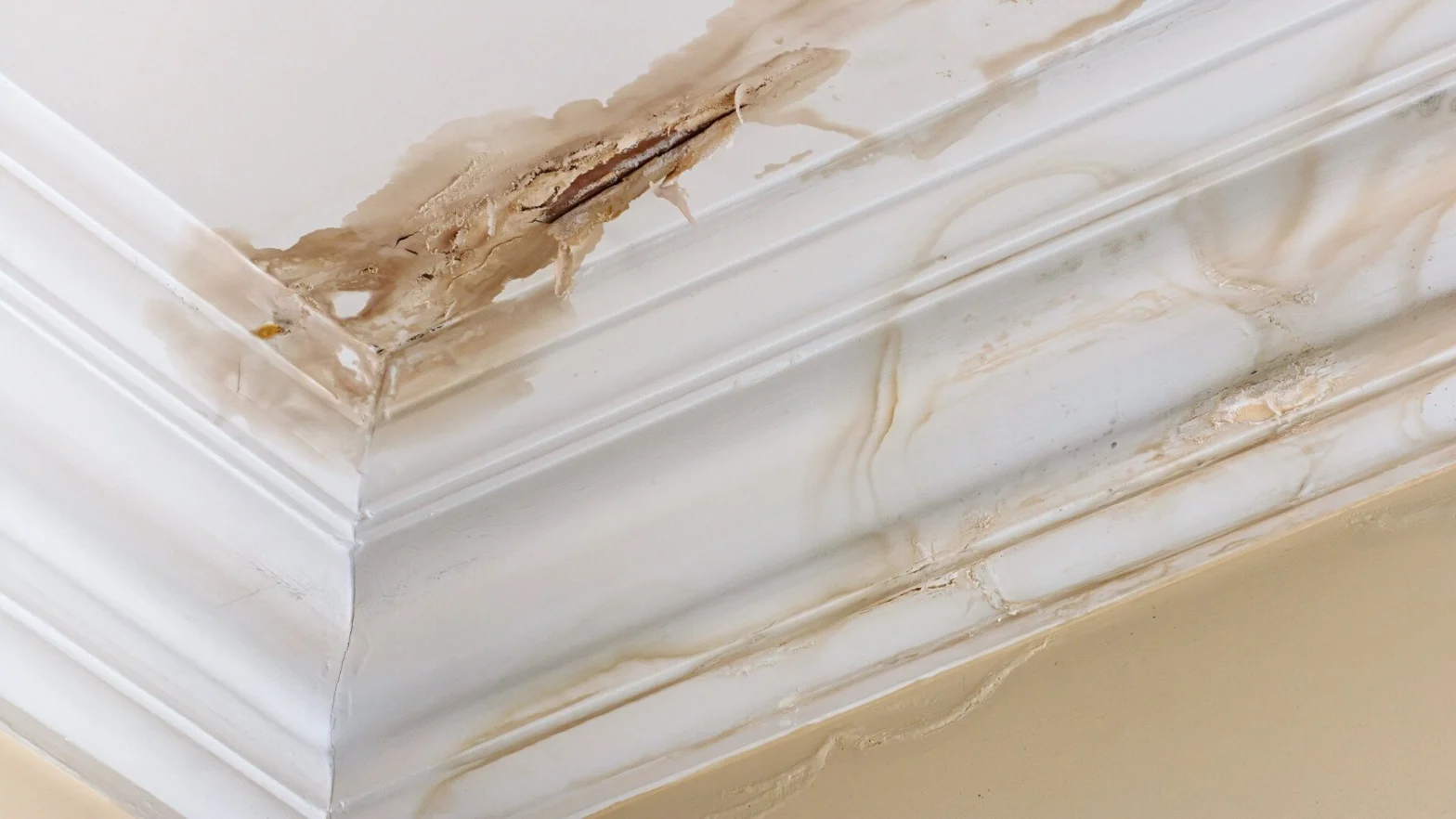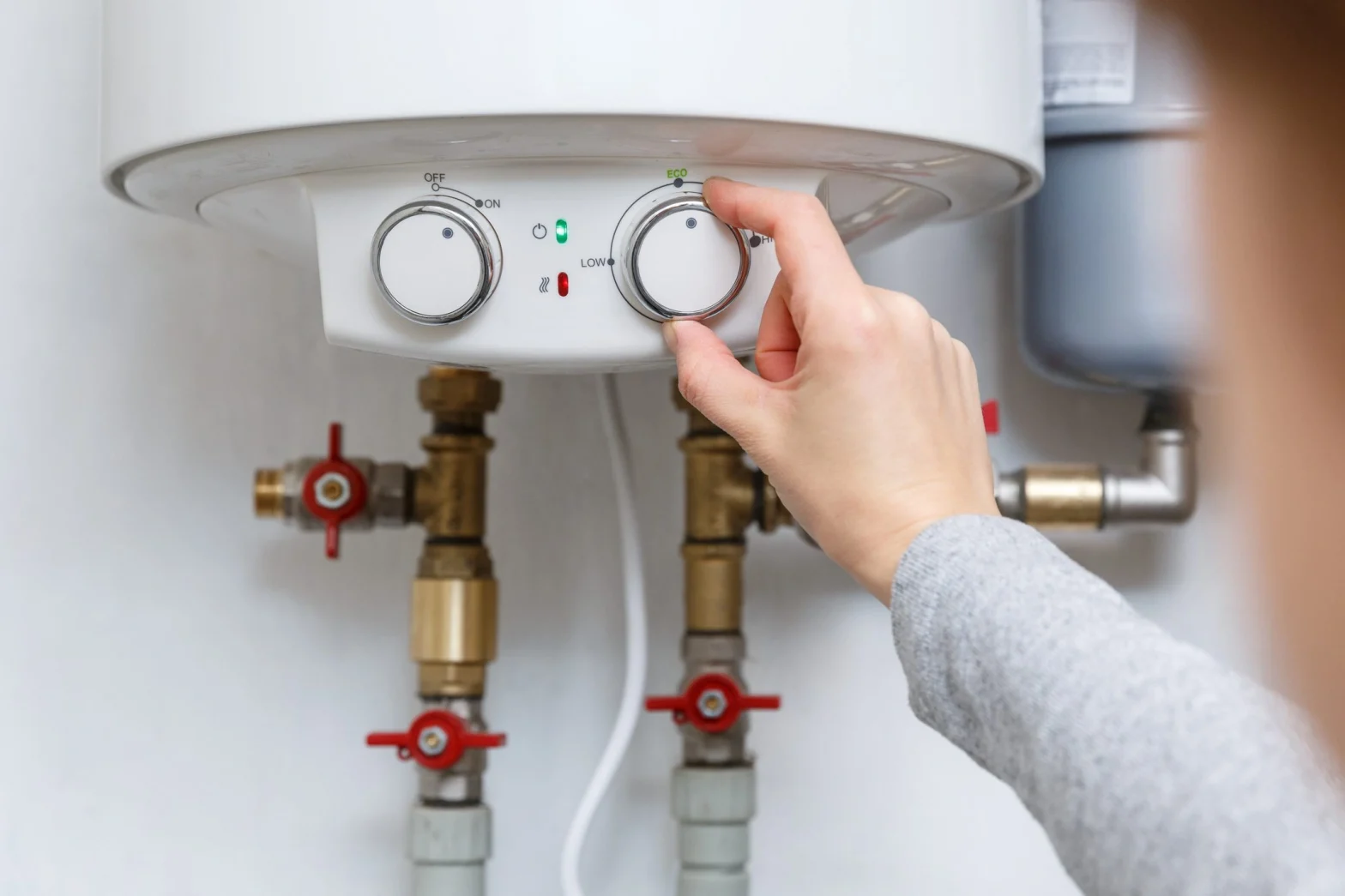How to Spot Water Leaks Before They Turn into Plumbing Emergencies
Water leaks are silent but destructive forces that can compromise your home’s structure, create hazardous mold growth, and inflate your water bills, often before you even realize there’s a problem. A tiny drip may not seem like a big deal, but over time, it can cause significant damage and costly repairs.
The good news? Catching leaks early can save you thousands of dollars and help you avoid major plumbing disasters. In this comprehensive guide, we’ll walk you through the most common signs of water leaks, advanced detection techniques, and expert prevention strategies to keep your home safe and dry.
Why Is Early Leak Detection Important for Homeowners?
Even a minor leak can lead to:
- Structural damage to walls, ceilings, and floors
- Mold and mildew growth, which can pose serious health risks
- A sharp increase in your monthly water bills
- Risk of pipe bursts and flooding, leading to expensive repairs
Identifying leaks early protects your home, reduces repair costs, and prevents a plumbing crisis.
What Are the Most Common Signs of Water Leaks?
1. Why Did My Water Bill Suddenly Increase?
A sudden and unexplained spike in your water bill is often the first indicator of a hidden leak. If your household’s water usage habits haven’t changed, but your bill is consistently higher, you may have a slow but steady leak. To confirm, check your water meter reading before and after a period of non-usage. If the meter continues to move, it means water is escaping.
2. Why Does My Home Smell Musty?
Leaks create excess moisture, fostering mold and mildew. A persistent musty smell, especially in bathrooms, basements, attics, or near plumbing fixtures, could indicate a hidden leak. Mold may appear as black, green, or brown patches on walls, ceilings, or tiles. Mold exposure can cause health problems, making quick action essential.
3. Why Is My Paint Peeling or My Walls Warping?
Water damage can show up as yellow or brown stains, bubbling paint, or warped drywall. These are signs that moisture is seeping into your walls. Wooden surfaces may swell or crack, leading to expensive structural repairs if ignored.
4. Why Do I Hear Water Running When Everything Is Off?
Hearing water trickling or rushing when no taps are open is a major red flag. This sound may be faint and behind walls or beneath floors. Contact a local plumber to locate the leak using professional tools.
5. What Causes Sudden Low Water Pressure?
A sudden drop in water pressure may signal a leak diverting water from your system. If multiple fixtures are affected, a major leak could be the cause. Don’t ignore it, it can worsen quickly.
6. Why Are Parts of My Yard Always Soggy?
Constantly soggy, muddy, or unusually green patches in your yard could mean an underground leak. If left untreated, it can lead to foundation damage or sinkholes. Our leak detection team can identify and repair underground leaks.
7. What Do Cracks in My Foundation Mean?
Cracks in walls or floors may suggest a leak is eroding soil beneath your home. Watch for widening gaps or windows that won’t shut properly. Get help from a foundation and slab leak repair expert.
How Can I Detect Hidden Leaks in My Home?
1. How Do I Use My Water Meter to Find Leaks?
Turn off all water sources, then check your meter. Wait 30 to 60 minutes and recheck. If the meter reading has changed, water is leaking somewhere.
2. What Is the Toilet Dye Test?
Toilets are a common source of hidden leaks. Add a few drops of food coloring to the tank and wait. If color appears in the bowl, you have a leak.
3. Should I Check Under Sinks and Cabinets?
Yes. Look for dark stains, moisture, or a musty smell. A dry paper towel left under the pipes can help detect slow leaks.
4. What Should I Listen For?
At night, listen for dripping, trickling, or hissing sounds behind walls or under floors. These noises often indicate hidden water movement.
5. Should I Use a Moisture Meter or Infrared Camera?
Absolutely. These tools can detect damp areas behind walls without cutting drywall. Our team at Calis Choice uses advanced equipment to find hidden moisture sources.
6. Can Monitoring My Water Usage Help?
Yes. If your usage exceeds 12,000 gallons per month for a family of four (per the EPA), it could mean there’s a leak. Smart water meters offer real-time alerts for abnormal use.
What Are the Best Ways to Prevent Water Leaks?
Regularly Inspect Fixtures
Check faucets, toilets, and under-sink pipes for drips or corrosion. Replace worn washers and gaskets early.
Insulate Pipes in Winter
Pipes exposed to cold in crawlspaces or garages can freeze. Foam insulation prevents bursts.
Replace Old or Corroded Pipes
Galvanized and lead pipes are leak-prone. Upgrade to copper or PEX piping for durability. Our plumbing experts can evaluate and replace aging systems.
Install a Smart Leak Detector
Devices like Flo by Moen or LeakSmart detect unusual water flow and shut off your supply automatically, ideal for travelers or rentals.
Maintain Your Water Heater
Flush your heater annually, inspect the pressure relief valve, and replace units older than 10-12 years.
When Should You Call a Professional Plumber?
Call a licensed plumber immediately if:
- You hear water running but can’t locate the source
- You see mold, swelling walls, or foundation cracks
- Your water pressure suddenly drops
- Your water bill spikes unexpectedly
Our emergency plumbing team uses infrared cameras, acoustic leak detectors, and pressure testing to find and fix leaks fast.
Suspect a Leak? Call Calis Choice Today!
Detecting leaks early is essential for preventing costly water damage. Don’t let a small problem become a disaster. At Calis Choice, we specialize in leak detection and plumbing repair in San Diego & Orange County. Our licensed plumbers use the latest tools to identify hidden leaks and fix them fast.
Whether it’s a dripping pipe or a foundation-level slab leak, we’re here 24/7 to help you protect your home.
Frequently Asked Questions (FAQ)
Q: How can I tell if I have a hidden water leak?
A: Look for increased water bills, musty odors, damp walls, or running water sounds when no taps are open. A water meter test can also confirm a hidden leak.
Q: Can small leaks really cause major damage?
A: Yes! Even a tiny drip can lead to mold growth, structural weakening, and high water bills over time. Unrepaired leaks may escalate into major pipe bursts and costly damage.
Q: How often should I inspect my home for leaks?
A: Check for leaks every few months, especially around faucets, toilets, and under sinks. Monitor water bills and perform a water meter test if you suspect an issue.
Q: Are smart leak detectors worth the investment?
A: Absolutely! Smart leak detectors provide real-time alerts and can automatically shut off water, preventing expensive repairs and major water damage before leaks become serious..
Q: What should I do if I discover a leak?
A: Turn off the main water supply, try to contain the leak, and call a licensed plumber for immediate repairs to prevent further water damage and mold growth.








